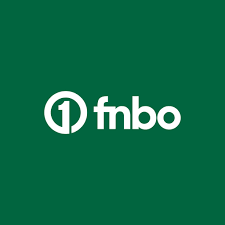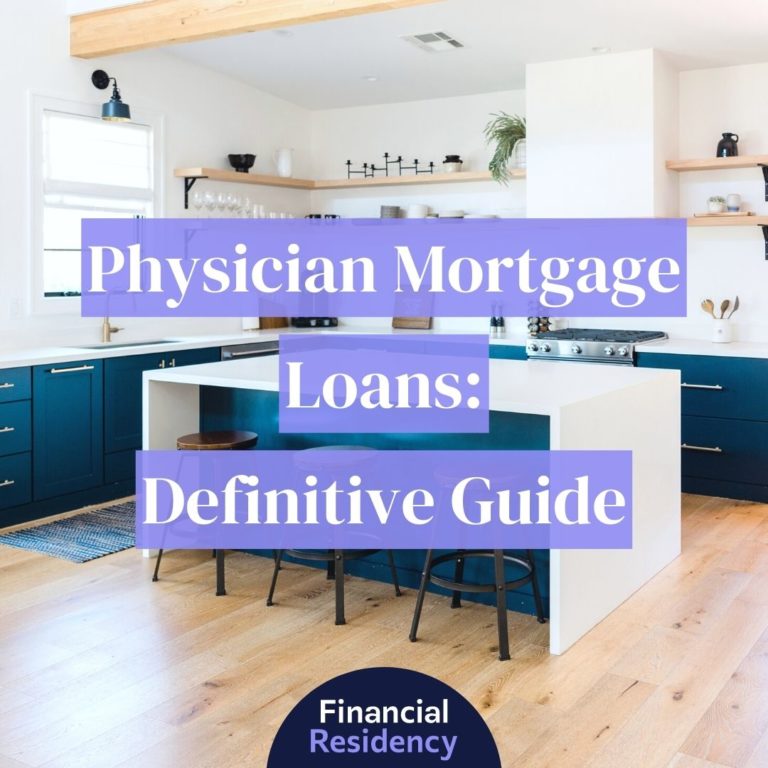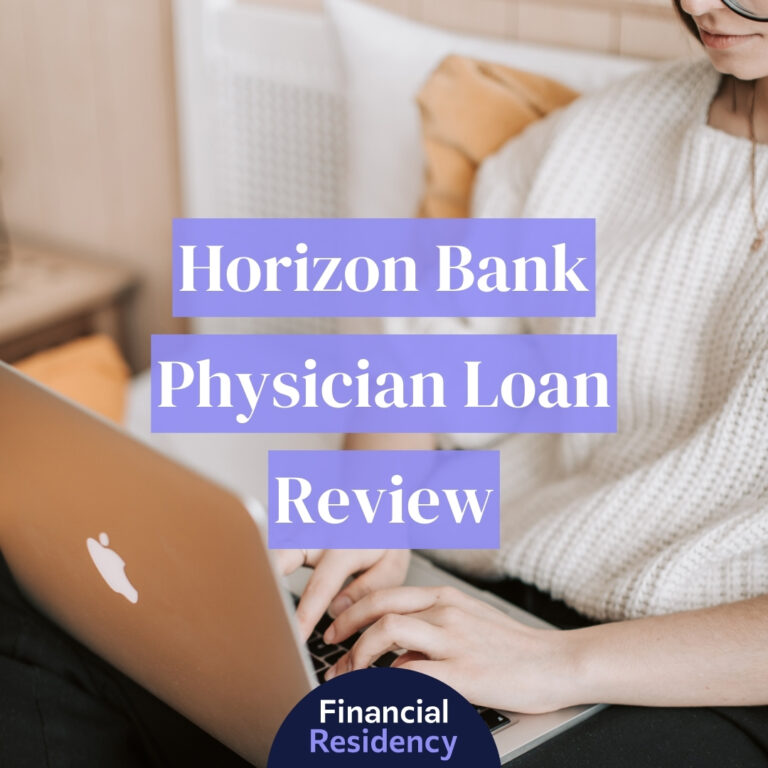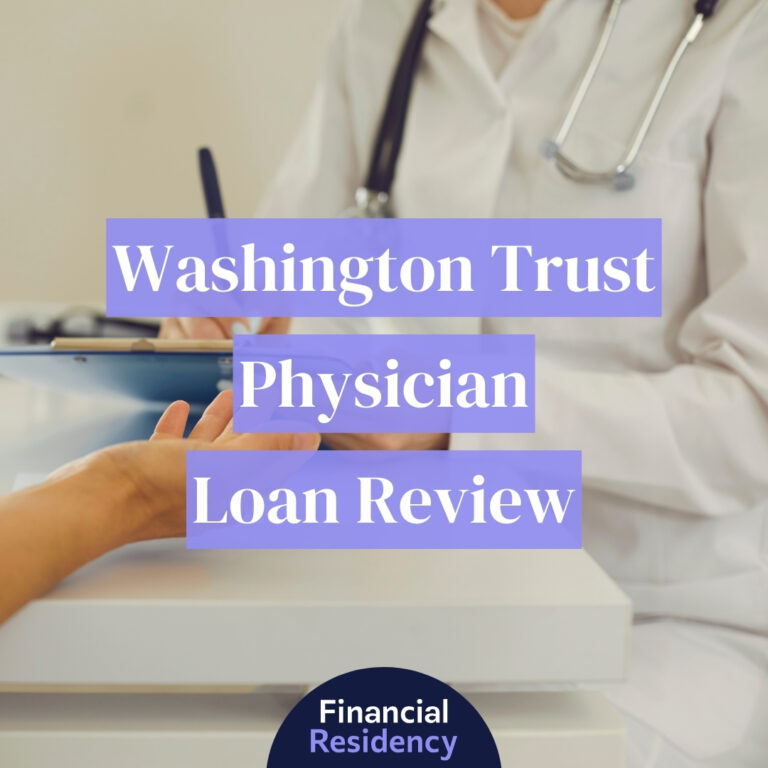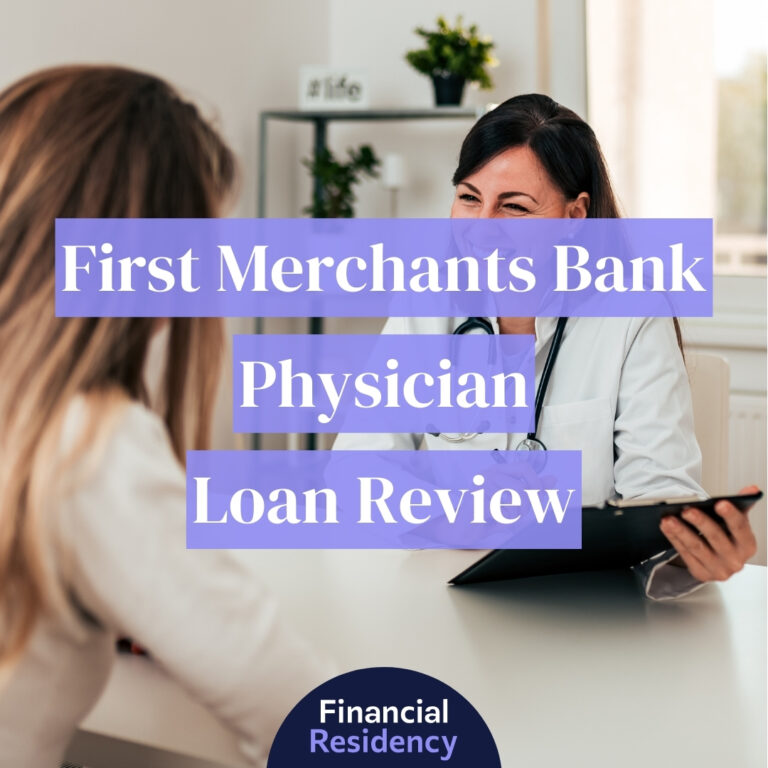The First National Bank of Omaha (FNBO) bills itself as the great big small bank. Founded in Nebraska in 1857, it has roots as a small-town institution.
But today FNBO is one of the nation’s largest financial institutions with over $29 billion in total assets. The bank has locations in Nebraska and seven other states: Colorado, Illinois, Iowa, Kansas, South Dakota, Texas, and Wyoming.
FNBO is nationally recognized and has won awards for its small-business credit cards, commercial cards, and home mortgage products.
About First National Bank of Omaha
- BBB score: A+
- CEO: Clark D. Lauritzen (President and Chairman)
- JD Power Score: NA (Won a 2020 regional award for customer service)
- Parent company: First National of Nebraska
- Phone number: 1 (800) 642-0014 (general banking) or 1 (877) 217-9714 (consumer mortgages)
- Services offered: Checking and savings accounts, money market accounts (MMAs), credit cards, certificates of deposit (CDs), IRAs, retirement planning, wealth management, financial planning, personal loans, mortgage products, and business banking
First National Bank of Omaha Physician Loan: Fast Facts
Here are some quick highlights of the First National Bank of Omaha’s physician mortgage loan program.
- Discounts: No promotions
- Financing options: 100% financing up to $850,000, 95% up to $1,250,000, or 90% up to $1,500,000
- Physician loan products: Adjustable-rate (ARM) up to 15 years, fixed-rate mortgages for 15 or 30-year terms
- Maximum loan amount: $1.5 million
- Qualifying degrees: MD, DDS, DMD, [DO, DVM, CRNA, PA, NP, CRNA, PharmD
- Private mortgage insurance: No private mortgage insurance (PMI) requirement
FNBO Physician Loan: Qualifications
First National Bank of Omaha does not widely advertise its physician loans. Limited information is available on the fnbo.com website. These are general qualifications the bank has in place, but a loan officer and underwriter will ultimately make the final determination.
First National Bank of Omaha’s physician loan qualifications are:
- Good to Excellent Credit: 720 minimum FICO score
- Down Payment: 0–10% down payment depending on the loan amount
- Owner-Occupied Property: Loan must be used to purchase an owner-occupied primary residence; see the lender for any property restrictions
- Eligible Degree: Must be a medical doctor [or other qualifying medical professional — needs substantiation on “other”]
- Significant Savings: Cash reserves of four (4) months are required for any loan amount
- Verified Income: Full-time employment (as practicing MD or resident) or future-dated employment contract
Discover The Best Lenders Answer just a few questions about your career, where you're buying, and how much you want to borrow. Our service will then show you the exact programs you're eligible for from vetted physician loan specialists who will guide you through every step of the process – obligation-free!
How to Apply
While each mortgage application is different, here’s a high-level overview of what to expect when going through the physician mortgage application process.
Knowing what to expect from the mortgage application process can help you prepare for each step.
Get Prequalified
This is the first step in the application process. You’ll provide an estimate of your household income and total debts and assets. The bank will let you know how much financing you could qualify for. This can involve a soft credit pull, or a loan office giving you an informal, rough estimate. It will give you a general idea of how much home you may be able to afford. It’s a helpful starting point, but wise not to become overly attached to the figure.
Prepare Your Documents and Review Your Credit Report
The mortgage process requires a lot of paperwork. The process is less stressful if you can get ahead of it, and start preparing all the documents you’ll need. Luckily, most documents are digital now or you can obtain electronic online access.
Paperwork you’ll be required to submit — either originals or photocopies — for proof of identity and income may include:
- Social Security number (SSN) card
- Tax returns (1-2 years)
- Pay stubs (1-2 months)
- Employment contract
- Bank statements
- Written explanation for unexplained debts or assets, like gift funds
You’ll also need to consent to the bank doing a hard pull of your credit report. Review your report and make sure there are no inaccuracies. Ideally, it will reflect a score of at least 720 to qualify for the bank’s doctor loan program.
Get Pre-Approved
Getting pre-approved is more formal and rigorous than getting prequalified. This is where the bank will request and review your paperwork rigorously to ensure you are a good risk.
Physicians are generally considered a good-risk group. Banks know that new physicians often have a high debt-to-income (DTI) ratio and few assets — that’s why they offer medical loans as they are a more flexible product. They’re designed to assist high-debt medical doctors, as they have high earning potential and a much lower default risk than the general public.
When you obtain a pre-approval letter, it means you’ve been approved by the bank to receive home financing for a set amount. This pre-approval is valid for 90 days, so do not initiate this phase until you are seriously ready to move — or at least place an offer.
Confirm and Lock in the Rate
In addition to the loan amount, you’ll also need to lock in your interest rate. A loan officer or other bank representative will contact you to confirm both the rate and pre-approved loan amount.
This interest rate is locked in for 45 days. The final interest rate can vary, based on the loan product (ARM or conventional), property structure, location, change in loan-to-value (LTV) ratio, general market changes like rate fluctuations, or any points purchased.
Some borrowers may receive a pre-approval with caveats, like improving their debt-to-income ratio or increasing their liquid cash reserves.
Physician Loan Alternatives
If your profession isn’t included in First National Bank of Omaha’s doctor loan program, or you’re wondering how it stacks up against other similar bank products, here are some other bank physician loans to consider.
1. KeyBank
KeyBank’s physician loan program offers doctors up to $3.5 million for the purchase or refinance of a first or second home, whereas FNB offers financing up to $1.5 million. Unlike First National Bank of Omaha, however, KeyBank has no zero money down loans. With a down payment, it offers financing up to 95%.
A narrow range of professions qualifies for KeyBank’s program. It’s open to Doctors of Medicine (MD), Doctors of Podiatric Medicine (DPM), Doctors of Osteopathic Medicine (DO), Doctors of Dental Medicine (DMD) and Doctors of Dental Surgery (DDS). Interns, residents, and fellows in these fields are also eligible. By contrast, only FNBO’s program is open to doctors and residents.
KeyBank offers fixed-rate and adjustable-rate mortgages, has no PMI requirements, and extends its financing to one-unit single-family homes or condos.
2. Citizens Bank
Citizens Bank will extend up to $1 million in financing for its physician mortgage program. Medical doctors can borrow up to $1 million and physicians can borrow up to $600K.
The bank’s home purchase program is open to early-medical career professionals who are Doctors of Medicine (MD), Doctors of Osteopathic Medicine (DO), Doctors of Dental Medicine (DMD), and Doctors of Dental Surgery (DDS).
Like KeyBank, Citizens lacks any 100% financing. Borrowers must put 5% down for loans up to $850,000 and 11% down for loans up to $1 million.
There is no PMI requirement for a Citizens doctor loan, which could shave up to 2% off your monthly mortgage payment. And funds can be used to finance the purchase of a single-family home, PUD (planned unit development), or condominium.
3. Flagstar Bank
Flagstar Bank is extremely inclusive. Its medical loans are open to a wider range of medical professions, like pharmacists and clinical nurse specialists. It’s even open to some non-medical professions as well.
Flagstar medical loans are open to:
- Medical Resident (Educational License)
- Medical Doctor (MD)
- Doctor of Dental Surgery (DDS)
- Doctor of Dental Medicine (DMD)
- Doctor of Optometry (OD)
- Doctor of Ophthalmology (MD)
- Doctor of Pharmacy
- Doctor of Podiatric Medicine (DPM)
- Doctor of Osteopathy (DO)
- Physician Assistant (PA)
- Registered Nurse (RN)
- Nurse Anesthetist (NA)
- Nurse Practitioner (NP)
- Clinical Nurse Specialist (CNS)
- Airline Transport Pilot (ATP)
- Certified Public Accountant (CPA)
- Attorney (JD)
- Veterinarian (DVM)
Flagstar offers eligible borrowers up to $1.5 million in financing and has no PMI requirement. Borrowers with solid credit (720 minimum credit score) can finance 100% of their mortgage up to $1 million.
Unlike FNBO though, Flagstar may have no conventional or fixed-rate mortgage options. Flagstar’s website states their professional loan program offers adjustable-rate mortgages (ARMs) and makes no mention of other home loan products.
Pros and Cons
Pros
- Fixed-rate and adjustable-rate (ARM) financing options. FNBO offers 15-year and 30-year options for fixed-rate loans and terms up to 15 years for ARMs.
- 100% financing options. Borrow up to $850K with zero money down.
- No PMI Generally required for mortgages with down payments of less than 20%, but FNBO waives the requirement for its physician loans.
- Available to resident physicians. This includes early-stage and near-completion residents.
Cons
- Requires cash reserves. Four (4) months’ worth is required for any loan type and any loan amount.
- Other physician home loan programs may offer up to $3.5 million in financing.
- Narrow range of qualifying Only medical doctors and dentists are eligible; other programs are commonly open to physician assistants, nurse practitioners, and similar high-degree fields.
Frequently Asked Questions
What Debt-to-Income Ratio Do You Need for a Physician Loan?
Typically lenders like to see a debt-to-income ratio of no more than 45%. Some banks may approve a DTI as high as 50%. There are even some mortgage products, not physician-specific, that consumers can get with a DTI as high as 60%.
In general, the lower the ratio of debt to your income the better your chances of getting a good mortgage. Lenders view low DTI ratios favorably. A low DTI indicates ample savings and flexibility in your budget
Does My Student Loan Debt Count Against Me?
For a doctor mortgage, student loan debt doesn’t generally count against borrowers. Lenders tend to take one of three approaches:
- Excluding student loan debt from the debt-to-income calculation.
- Excluding student loan debt from the debt-to-income calculation if the loan is on deferment for at least 12 months.
- Viewing student loan debt more favorably. This can mean increasing their standard debt-to-income limit or weighting student loan debt differently in their calculations.
In any of these scenarios, your student loans would still need to be in good standing. If your student loan debt is not current (i.e., three months behind in payment), then a lender who typically excludes student loans in its DTI ratio would almost certainly count it against you. And furthermore, delinquent student loans would appear negatively on your credit report and harm your overall FICO score.
Can I Get a Mortgage Before I Begin My Fellowship?
Often yes. Many banks will extend physician mortgages to residents, and sometimes even interns.
First National Bank of Omaha does not explicitly state that it offers home financing to fellows. But as they offer it to residents, this designation may also apply to fellows.
This would make sense as doctors who pursue fellowships are board-certified physicians and they complete their fellowship training after their residency. However, some mortgage loan officers may shy from offering a physician loan to fellows due to the program length and additional debt.
It’s always good to ask. As physician mortgages are generally custom products with manual underwriting, based on the borrower’s personal finances, many institutions will be flexible.
Is a Physician Loan the Same Thing as a Conventional Loan?
A physician loan could be a conventional loan, but only sometimes and the two products are definitely not interchangeable.
Physician loans are generally adjustable-rate mortgages where the interest rate is only fixed for the first portion of the loan. After the initial fixed-term period, the interest rate will adjust with changes usually tied to a financial index like the Secured Overnight Financing Rate (SOFR).
Some banks do offer ARM and fixed-rate or conventional financing; First National Bank of Omaha and Huntington Bank are two examples.
In general, a borrower can get a much higher loan amount through an ARM than with a conventional loan.
Can Doctors Get an FHA Loan?
Yes, a doctor can absolutely get an FHA loan. The FHA, the Federal Housing Administration, offers FHA home loans to first-time homebuyers. Some homebuyers can even receive FHA financing a second or third time if they meet certain income and eligibility requirements.
FHA loans, however, commonly are not a good choice for physicians because they do not make special exemptions for student loan debt. Many new doctors will not even qualify. And beyond debt-load considerations, the FHA program offers less financing.
